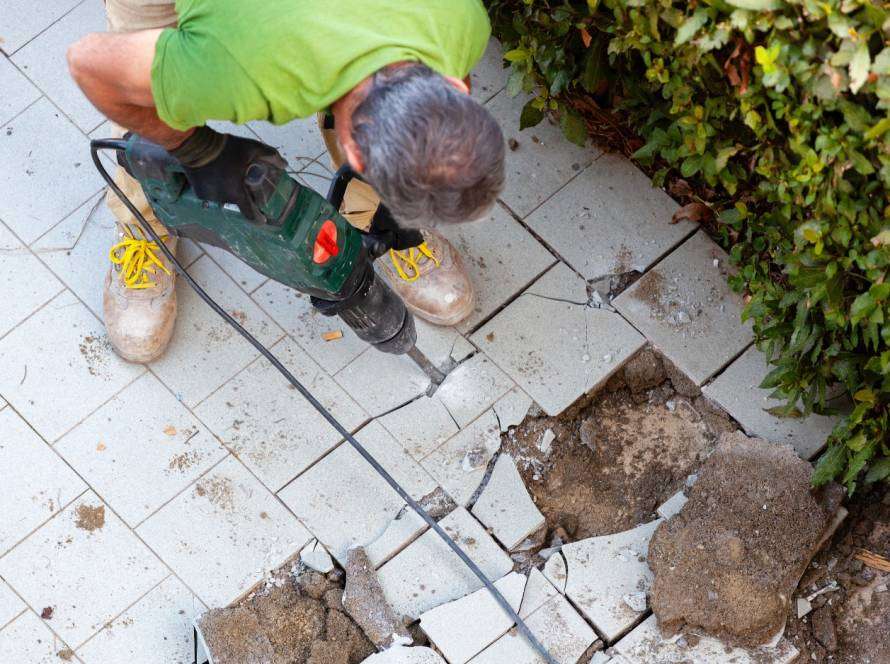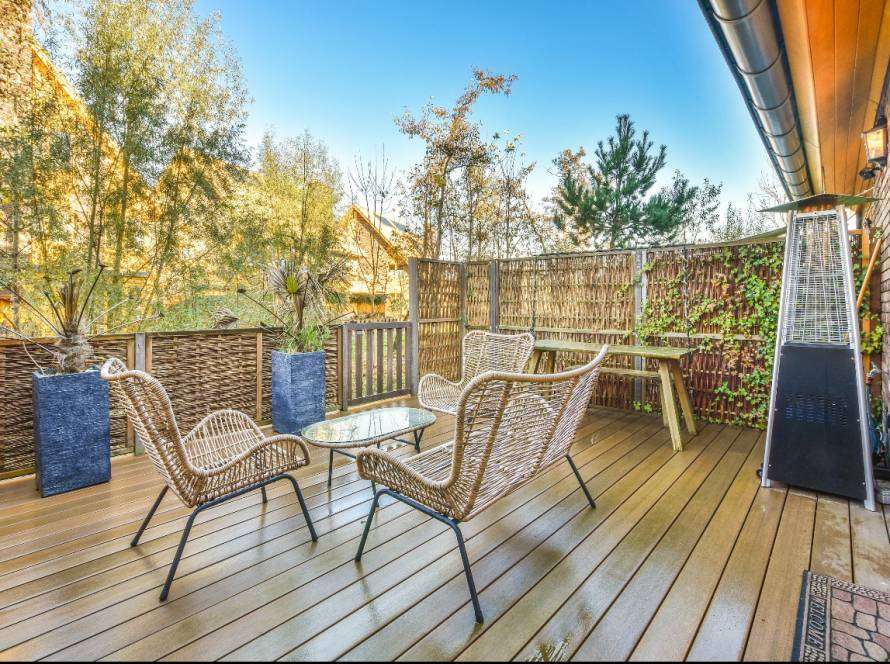When it comes to choosing the right material for your outdoor deck, Trex decking is a popular choice that has been gaining traction for its durability, low maintenance, and eco-friendly features. However, like any building material, it comes with its own set of advantages and disadvantages. Here’s everything you need to know about Trex decking to help you make an informed decision.
What is Trex Decking?
Trex decking is a brand of composite decking made from a combination of recycled wood fibers and plastic. It was one of the first companies to introduce this type of decking to the market and remains a leader in the industry. Trex offers various lines of decking products, each designed to cater to different tastes, budgets, and functional needs.
Pros of Trex Decking
1. Low Maintenance
One of the most significant advantages of Trex decking is its low maintenance requirements. Unlike traditional wood decks, Trex does not need to be sanded, stained, or painted. A simple wash with soap and water is typically all that’s needed to keep it looking fresh and clean.
2. Durability
Trex decking is designed to withstand the elements. It is resistant to rot, mold, and insect damage, which can be major issues with natural wood decks. The composite material is also resistant to splintering and cracking, ensuring a long-lasting, safe surface for walking barefoot.
3. Eco-Friendly
Trex decking is made from 95% recycled materials, including reclaimed wood and plastic. This not only reduces the demand for virgin timber but also helps to keep plastic out of landfills. For environmentally conscious homeowners, Trex offers a sustainable choice without compromising on quality or aesthetics.
4. Aesthetic Appeal
Trex decking comes in a variety of colors and finishes, mimicking the look of real wood while offering a broader range of options. This allows homeowners to achieve a customized look that complements their home’s exterior design.
5. Warranty
Trex offers substantial warranties on their products, with some lines offering up to 25 years for residential use. This warranty covers issues like fading, staining, and structural damage, providing peace of mind for homeowners.
Cons of Trex Decking
1. Cost
The initial cost of Trex decking can be higher than that of traditional wood decking. While it saves money in the long run due to reduced maintenance and longer lifespan, the upfront investment can be a deterrent for some homeowners.
2. Heat Retention
Trex decking can retain more heat than natural wood, which can make it uncomfortable to walk on barefoot during hot weather. Choosing lighter colors can mitigate this issue to some extent, but it’s something to consider if you live in a particularly warm climate.
3. Potential for Scratching
While Trex decking is durable, it can still be scratched by heavy furniture or sharp objects. Care should be taken when moving items on the deck, and using protective pads under furniture legs is advisable.
4. Weight
Trex decking is heavier than traditional wood, which can make it more challenging to handle during installation. This might increase labor costs if you’re hiring professionals or require extra help if you’re undertaking a DIY project.
5. Aesthetic Differences
While Trex offers a wood-like appearance, some purists feel that it does not replicate the natural beauty and variation of real wood. For those who prefer the unique grains and colors of natural wood, this might be a downside.
Trex decking offers a range of benefits that make it an attractive option for many homeowners, including low maintenance, durability, eco-friendliness, and aesthetic versatility. However, it also comes with some drawbacks, such as higher initial costs, heat retention, and potential for scratching.
Weighing the pros and cons can help you determine whether Trex decking is the right choice for your outdoor space. If you’re looking for a long-lasting, easy-to-maintain deck with a variety of design options, Trex may be well worth the investment. However, if you prefer the natural look and feel of traditional wood and are prepared for the upkeep it requires, you might opt to stick with a classic wood deck.
Ultimately, the best decking material for your home will depend on your personal preferences, budget, and the specific needs of your outdoor space.



